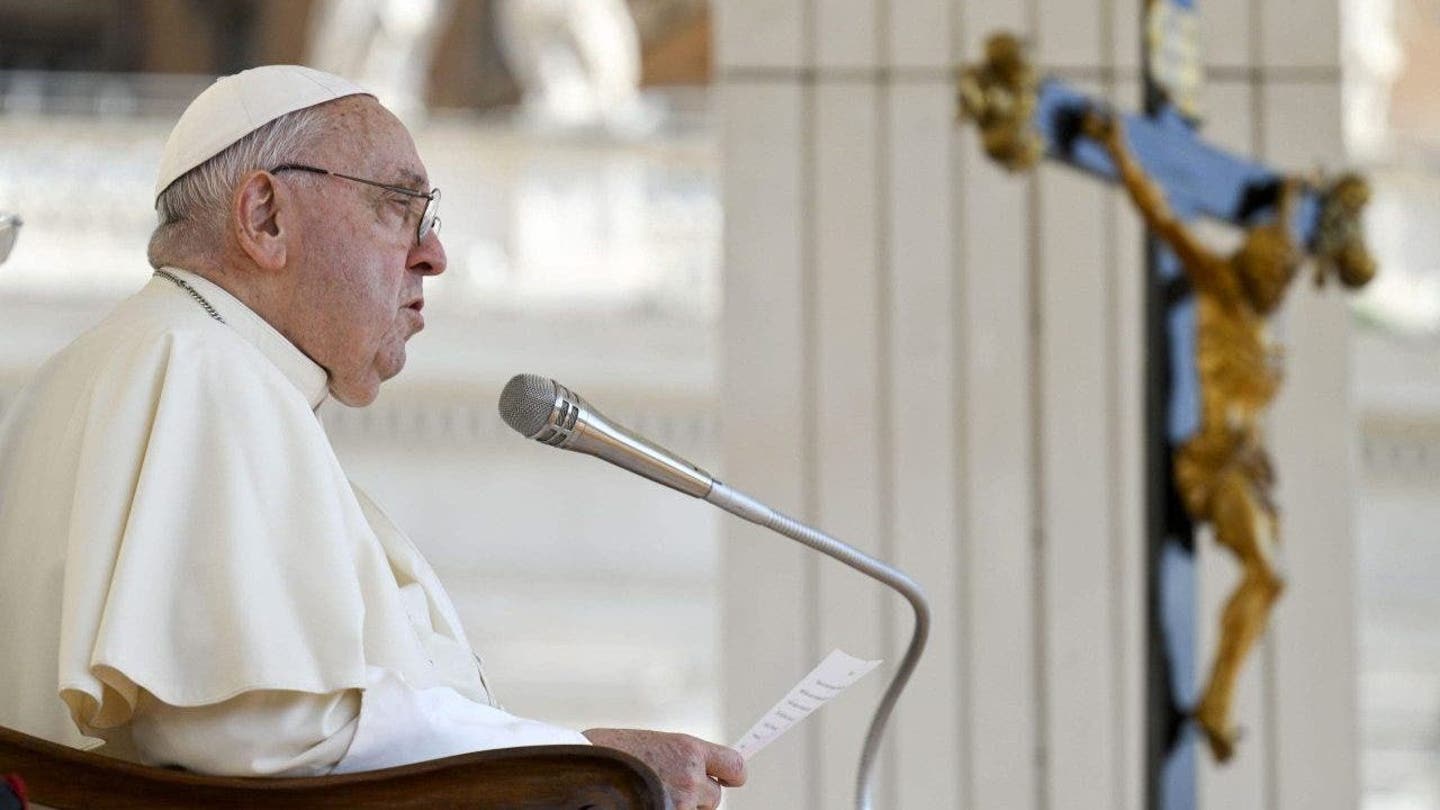Ousmane Sonko, Senegal's newly appointed Prime Minister, has publicly criticized the French military's presence in the country and questioned the promotion of Western values, including LGBTQ rights.

Ousmane Sonko, who was recently released from jail and helped his party win the presidential election in March, has expressed his concerns regarding the ongoing French military presence in Senegal. During a joint event with French far-left politician Jean-Luc Mélenchon, Sonko asserted that Senegal's desire for self-determination is incompatible with the long-term presence of foreign military bases in the country.
Sonko's remarks come amid growing sentiments of anti-French sentiment in the West African region. Mali, Burkina Faso, and Niger have recently expelled French troops and sought assistance from Russia in their ongoing conflicts. These nations have also formed their own alliance, creating a division within the Economic Community of West African States (ECOWAS).

Sonko's criticism of French influence extends beyond the military sphere. He has also expressed concerns about the promotion of Western values, including LGBTQ rights, which he believes do not align with Senegalese and African traditions. Polygamy is widely practiced in Senegal, and Sonko's comments reflect the cultural and religious sensitivities surrounding this issue.
Mélenchon, known for his progressive views on social issues, responded by stating that he had introduced legislation permitting same-sex marriage in France. He emphasized that the freedom to love whomever one chooses should be extended to all.
Senegal has been considered a pillar of stability in a region experiencing a wave of coups. Sonko's remarks are likely to draw attention from Western allies and encourage further debate on the role of foreign powers and the evolving values within African nations.
Despite his criticism of ECOWAS for allowing divisions within the bloc, Sonko has stated that Senegal will not abandon its brothers in the Sahel and will work to strengthen ties. Sonko's party has also called for reforms within ECOWAS to address the growing challenges facing the region.
The presence of French troops in Senegal reflects the complex historical and strategic relationships between France and its former colonies. Sonko's criticism of Western influence and his emphasis on self-determination reflect the changing dynamics and aspirations of African nations.
As the region continues to grapple with political instability and security threats, the debate over foreign military presence and Western values is expected to intensify. Sonko's leadership will be closely watched as Senegal navigates these challenges and seeks to define its own path in the evolving global landscape.










